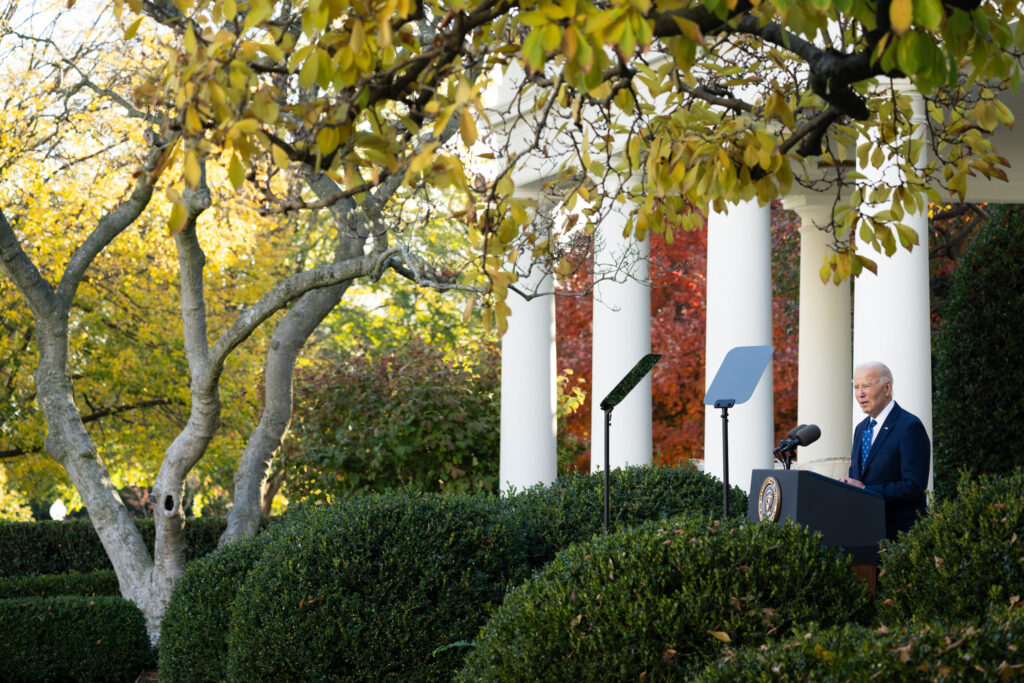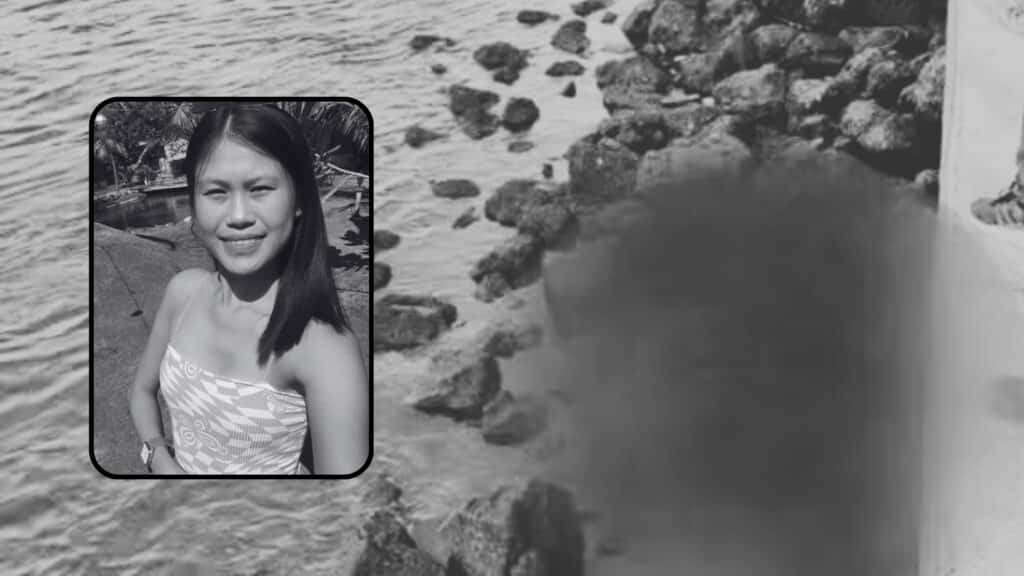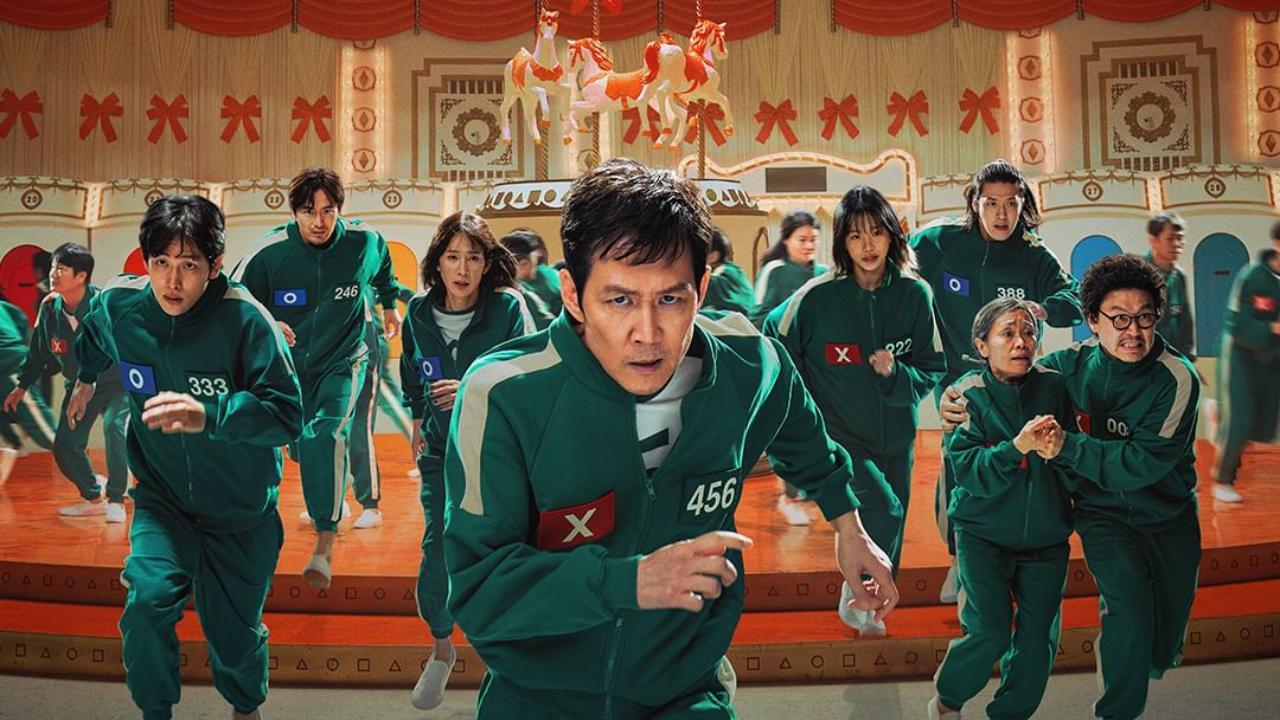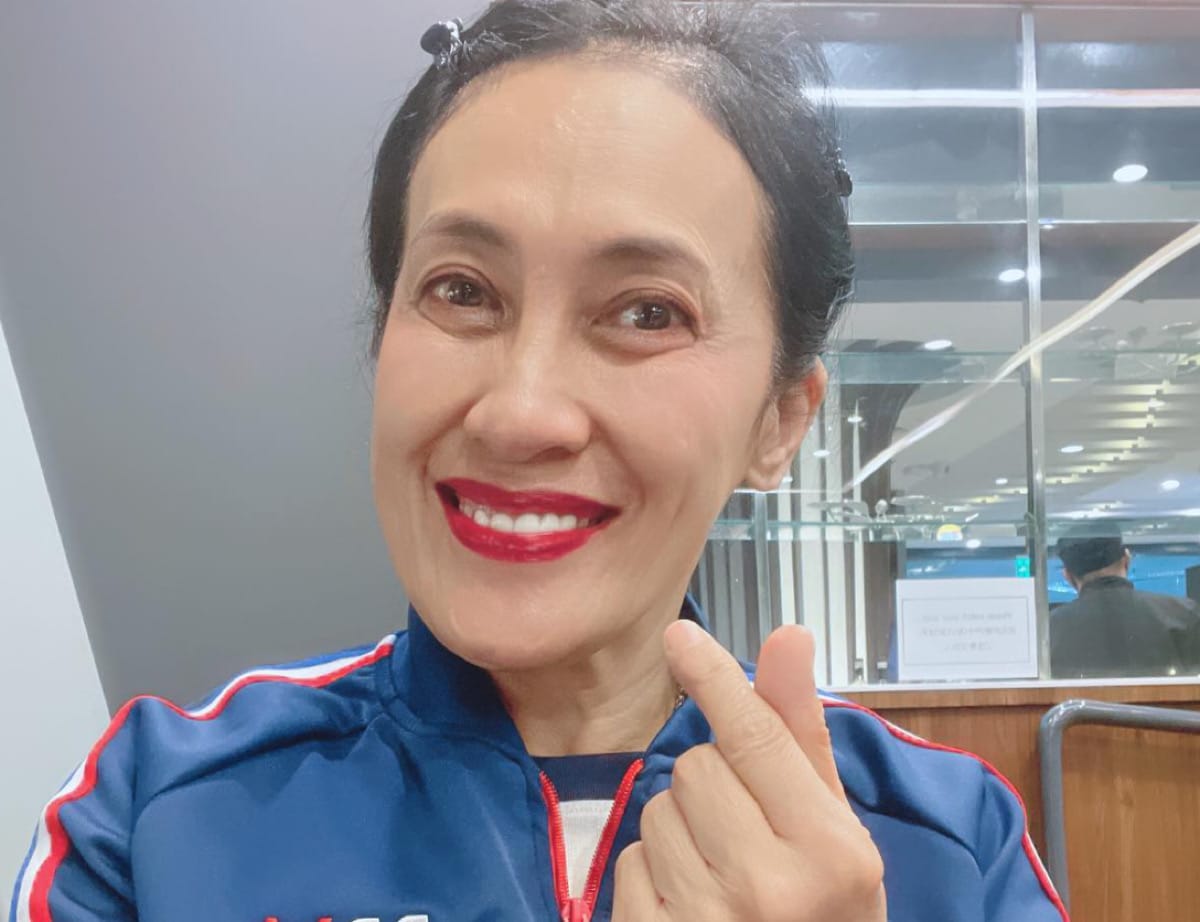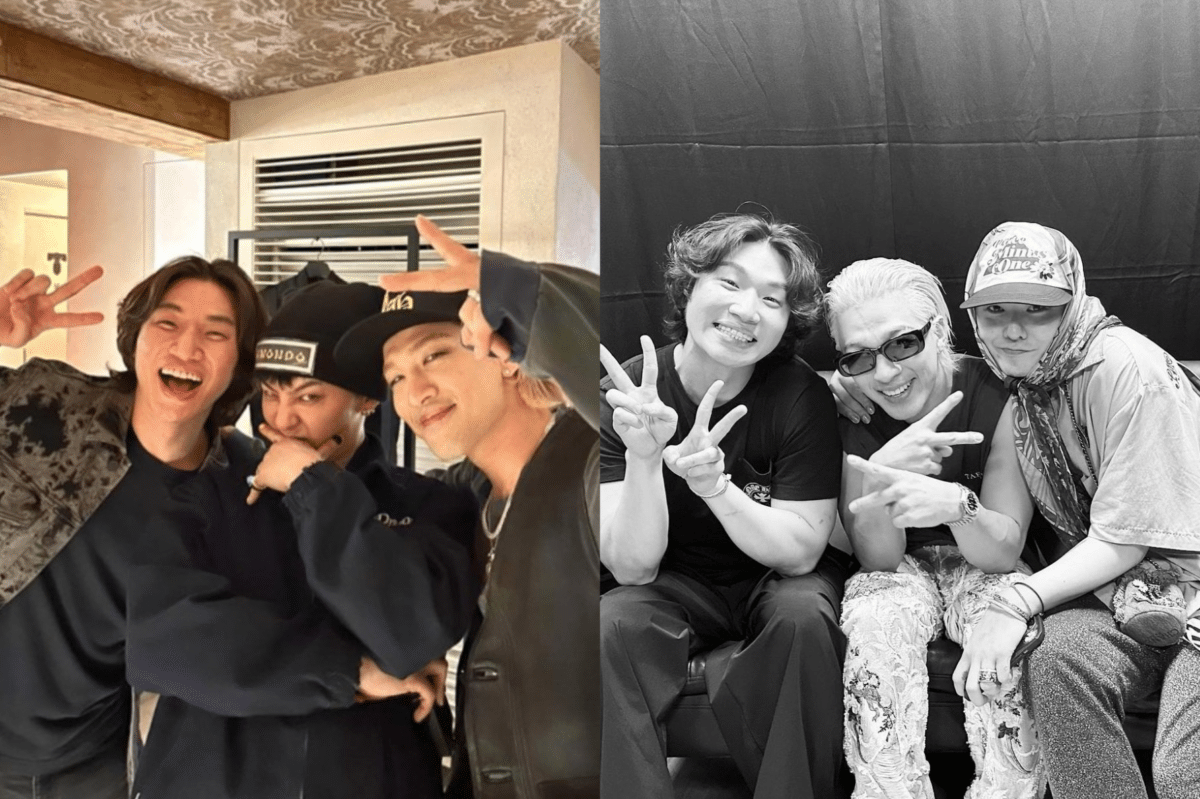
L ike all women, Jade* is careful when she goes out at night . “I always keep my keys in my coat pocket and hold onto them just in case,” she says. At this time of year, though, she is even more careful.
“I avoid public transport and only use Uber because I know who is picking me up in what car, and I can track and share my journey. It does cost more but it gives me the peace of mind that I’m safe and not in the dark, surrounded by people who have been drinking a lot .” It might not even be December yet but the festive season is already in full swing, which for many people means merriment, silliness, and pure bacchanalian abandonment.

For women, though, it often means fear. Or at least, more fear than that which we already carry around in our daily lives. At this time of year, people are out more.
There are parties, dinners, and drinks. People are drunk. Rowdy.
Unpredictable. “I’ve had to rethink my all-female team’s Christmas dinner,” says Alison*, who changed her plans after one employee brought up safety concerns. “I’ve made reservations at a lovely hotel that we can walk to together after a corporate event.
Originally we were going to go somewhere that would require further travel in the dark, but I’m already wondering how I can help get them home safely afterwards. So I’ll either hire taxis or borrow my husband’s car and try to drop them at the nearest station.” But taxis won’t solve everything.
For runners like Karen, the festive season poses countless concerns. “I just don't feel as safe,” she says. “I’m annoyed that when I do go out, I have to do it without headphones and keep my runs short.
The other night as I was heading home at about 9.30pm after meeting a friend, I saw two men out running, headphones in, seemingly not a care in the world and thought how different it is for them.” None of this is new or surprising, at least not if you’re a woman – or someone who watches the news.
But it feels increasingly galling that a time of year supposedly characterised by joy feels so fraught with fear. Of course, many of those fears are justified. A woman is killed by a man every three days in the UK, although recent data from the ONS shows that 60 per cent of the women killed in England or Wales knew their suspected killer.
Meanwhile, domestic abuse makes up 18 per cent of all recorded crime in England and Wales. In the year ending March 2022, there were 194,683 sexual offences, of which 70,330 were rape. There are specific stories that linger, too, like the murder of 26-year-old Elle Edwards, who was shot last year on Christmas Eve while standing outside a pub in Merseyside.
Or Kacey Clarke, who was stabbed to death in Bermondsey that same night. And the killing of Lucy Clews, 39, who died at her home on Christmas Day in 2021. The ONS data suggests that men are more likely than women to be victims of violent crime (2.
2 per cent versus 1.6 per cent), although it argued that this likely underestimated the number of female victims. Still, violence against women remains an ongoing and highly alarming concern, with new reports emerging each week of women being killed, raped, or assaulted by men.
According to UN Women, 70,600 rapes were reported in the year ending June 2022, a 20 per cent increase from the year ending March 2020. Other sexual offences increased by 21 per cent. Subsequently, conversations around violence against women are at an all-time high, which ironically can make women feel more unsafe than ever.
Consider the viral remarks made by Saoirse Ronan on The Graham Norton Show regarding the lengths women have to go to in order to feel safe when they go out at night. Her fellow actors, internet heartthrobs and bona fide “good guys” Paul Mescal, Eddie Redmayne and Denzel Washington, laughed along at a comment Mescal made about using a phone to defend yourself against someone. “Women have to think about that stuff all the time,” Ronan pointed out, prompting an outpouring of support from across the world.
Yet many women were also resentful at being reminded, once again, that the world is less safe for them. Because even though statistically men might be targeted more than women, the vast majority of perpetrators are themselves male. The difference in the power dynamic hardly needs spelling out.
There are no statistics suggesting one month is more dangerous for women than another. Yet given the combined factors of late nights and increased alcohol consumption that define this time of year, it’s not hard to see why going out in the evening might feel particularly high-risk. “Due to the threat of male violence, women and girls often feel they are left with no choice but to carry out invisible safety work – sharing your location with friends, taking a longer but better-lit route home, carrying your keys in your hand,” says Andrea Simon, director of the End Violence Against Women Coalition.
“This threat can feel heightened in winter as the nights get longer.” It’s easy to assume this sort of soundbite advice is an obvious solution. Yet there are a few issues with dispensing this advice, the first being that it’s often misguided.
Consider the case of Sian O’Callaghan, who was killed by Christopher Halliwell after getting into his taxi in 2011. The second problem is this sort of talk can put the onus on women, implying it’s our responsibility to make sure nothing happens to us. We’re the ones who have to protect ourselves from the ever-present pervasive threat of male violence.
But who is talking to the men committing that violence? Who’s stopping them from making us feel so unsafe in the first place? And why are we still asking these questions in 2024? “While well-meaning safety advice for women and girls wrongly places the responsibility on our shoulders to ‘keep ourselves safe’ rather than addressing the root cause of this violence: male entitlement, power and control,” says Simon. “Safety advice can also lead to victim-blaming if women are perceived to have gone against it.” This is something we often see playing out whenever a woman is killed by a man.
In the wake of Sarah Everard’s death in 2021, for example, the phrase: “She was just walking home” went viral, with social media users zoning in on the 33-year-old’s behaviour at the time she was taken by Wayne Couzens. This was well intentioned, but it also implied that had Everard been doing anything other than walking home, like out drinking with friends or dancing in a nightclub, her death would’ve felt less tragic, almost as if it had been in some way deserved. Consider the case of Natalie Shotter, who died aged 37 of a heart attack after being repeatedly raped while she lay unconscious in a west London park.
It’s not something we’ve heard much about in the headlines. Why? Because she’d been drinking that night. The fact that Everard “was just walking home” ensured she, by contrast, could be cast as a perfect victim, someone the public could get behind and support.
Ask yourself if the reaction would have been the same had Everard been a sex worker and you’ll see my point. There are reasons to be hopeful. An increasing number of government-led campaigns are committed to tackling violence against women and are aiming their messaging at perpetrators instead of victims.
The Home Office’s “Enough” campaign, which is in its third phase, specifically targets potential perpetrators of violence against women and girls and provides advice to those witnessing abuse on the safe ways to intervene if they see an incident of violence, whether that’s sexual harassment or unwanted touching. There are now posters on the tube offering such advice, and in many nightlife venues, you’ll find signs reading “Ask for Angela”, a national scheme encouraging anyone who feels unsafe on a night out to ask for Angela at the bar to receive instant support. Meanwhile, on 25 November, which marks the International Day for the Elimination of Violence Against Women, the UN launches its 16 Days of Activism campaign against gender-based violence.
This will be running well into December, ensuring the festive season is accompanied by an ongoing sense of awareness and action, spotlighting the escalation of violence against women worldwide. In London, there’s also the Women’s Night Safety Charter, an initiative created by mayor Sadiq Khan as part of a £233m investment to tackle all violence against women and girls. The charter calls on organisations who sign up to commit to various initiatives, including encouraging reporting by victims and bystanders, training staff to ensure all women who report are believed, and designing public spaces and workplaces to make them safer for women at night.
So far, more than 2,600 businesses have signed up. “The safety of women and girls is a priority for the mayor,” says a spokesperson for Khan. “He’s determined to make London a city where women feel safe at night and created the Women’s Night Safety Charter to encourage councils, businesses, venues and other organisations to prioritise women’s safety.
” Hackney, a hugely popular area for nightlife in east London, is one place where progress is being made already thanks to Hackney Nights, an accreditation scheme to ensure venues are safer and better equipped to deal with issues around the sale of alcohol. “We are proud of the work we have done, and continue to do, to help Hackney’s venues become safer spaces for everyone, in particular women,” says cabinet member for community safety and regulatory services, Susan Fajana-Thomas. “Our Hackney Nights training and accreditation scheme includes training and resources to help venue staff respond to issues like harassment, pickpocketing, drink spiking, and support for vulnerable customers.
” But this is just a starting point. And there are doubts over how much change such initiatives can actually bring about – a recent BBC investigation found that Ask for Angela is not being properly implemented in many venues. At the end of the day, the only way to make a difference is to change human behaviour.
There are only so many posters the government can create. “After the Sarah Everard case, it was unnerving for many women, and it highlighted the need for the government to take action to make us feel safer,” says Jade. “I do think that seeing campaigns around in the run-up to Christmas will provide some reassurance, but ultimately it will be the actions that show us if change has really happened and makes us feel safe.
” *Names have been changed.


